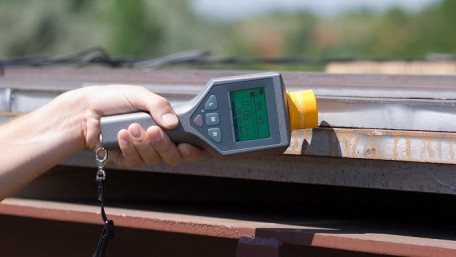
Radiation, despite its reputation in pop culture as a harmful emission resulting from a natural disaster, is a property of many materials and processes and must…
Radiation, despite its reputation in pop culture as a harmful emission resulting from a natural disaster, is a property of many materials and processes and must be carefully monitored for quality and safety.
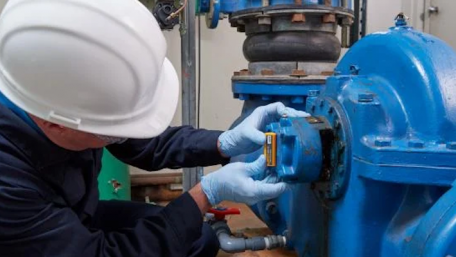
Vibration sensors measure the mechanical vibration of an object, making it possible to monitor machines for early signs…
Vibration sensors measure the mechanical vibration of an object, making it possible to monitor machines for early signs of failure to prevent costly and dangerous breakdowns.
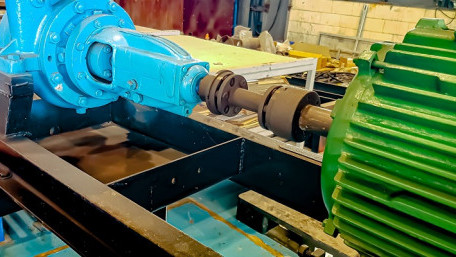
Understanding torque is a key method of preventing damage to machines and ensuring a long lifespan. We have all heard of…
Understanding torque is a key method of preventing damage to machines and ensuring a long lifespan. We have all heard of torque, but what is it, and how is it measured in automated systems?
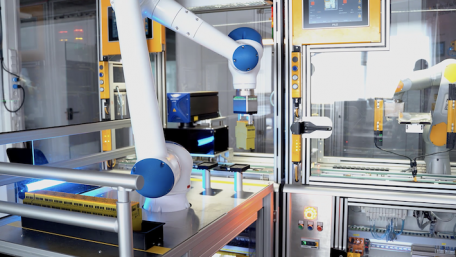
Engineering processes like robotics, feedback control, and security systems rely on position and distance sensors to…
Engineering processes like robotics, feedback control, and security systems rely on position and distance sensors to provide real-time information that enables machines to operate accurately and safely.
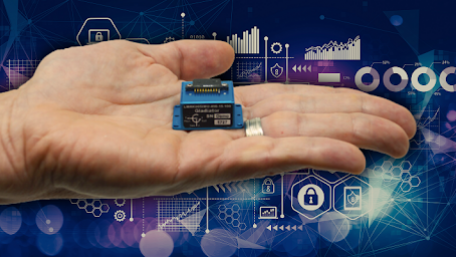
MEMS sensors enable the creation of highly sensitive, compact, and low-power devices for measuring quantities like…
MEMS sensors enable the creation of highly sensitive, compact, and low-power devices for measuring quantities like acceleration, magnetic fields, pressure, and more, and are found in automotive safety systems, navigation, and environmental monitoring.
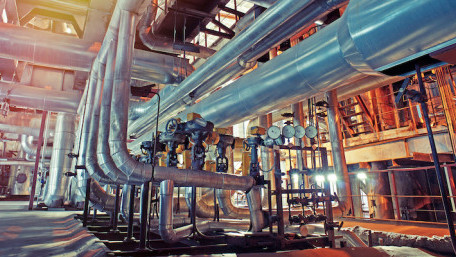
Flow sensors measure the flow rate of liquids or gasses in pipes, ducts, and other fluid systems to help monitor and…
Flow sensors measure the flow rate of liquids or gasses in pipes, ducts, and other fluid systems to help monitor and control processes, prevent system failures, and optimize performance.
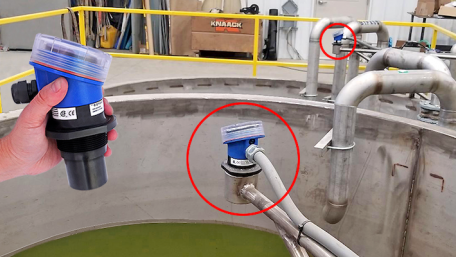
Level sensors are used to measure the level of a substance, usually a liquid or granular material, in a container.…
Level sensors are used to measure the level of a substance, usually a liquid or granular material, in a container. Different types of level sensors include capacitive, ultrasonic, acoustic, and radar.
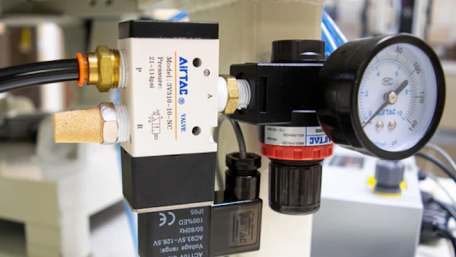
Pressure sensors are essential tools in industrial applications, required wherever there is a hydraulic or pneumatic…
Pressure sensors are essential tools in industrial applications, required wherever there is a hydraulic or pneumatic system to keep pressure quantities under control.
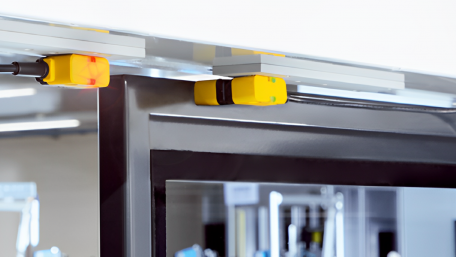
Seeing use in a variety of industrial applications for position sensing and object detection, inductive sensors are based…
Seeing use in a variety of industrial applications for position sensing and object detection, inductive sensors are based on the phenomenon of magnetism and its resultant magnetic fields.
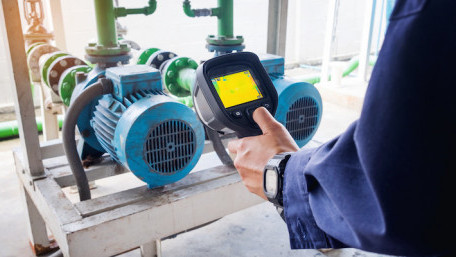
Converting thermal energy into electrical signals, temperature sensors such as RTDs and thermocouples are fundamental in…
Converting thermal energy into electrical signals, temperature sensors such as RTDs and thermocouples are fundamental in the maintenance and operation of industrial environments and equipment.
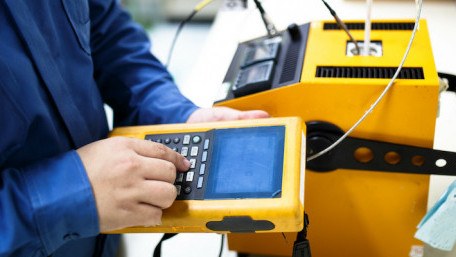
Calibration can be a time-consuming process requiring expensive traceable tools, but high-accuracy signals result in…
Calibration can be a time-consuming process requiring expensive traceable tools, but high-accuracy signals result in higher-quality products, better customer satisfaction, and, ultimately, greater returns.
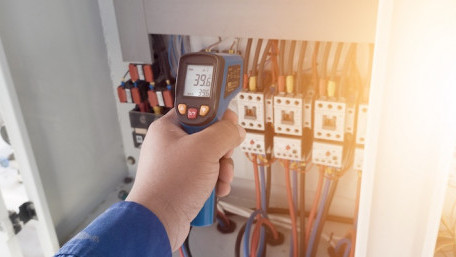
Operating just outside the visible light spectrum, infrared energy emits from anything with heat stored in it. Detecting…
Operating just outside the visible light spectrum, infrared energy emits from anything with heat stored in it. Detecting this energy, infrared sensors find use in applications from proximity detection to temperature measurement.
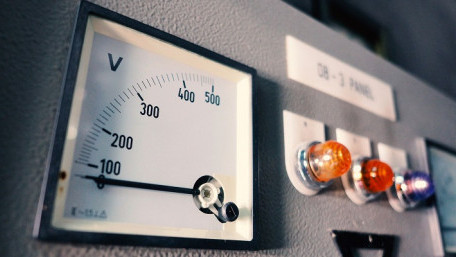
Analytics from data algorithms can predict machine failures and provide diagnostics—but what should we measure? Then,…
Analytics from data algorithms can predict machine failures and provide diagnostics—but what should we measure? Then, once the information has been collected, what trends might point to problems?
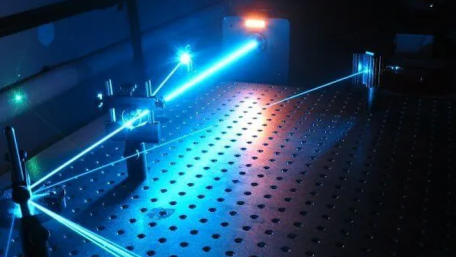
A subset of light is the focused cohesive beams that make up lasers, which can be used in optical sensing. These devices…
A subset of light is the focused cohesive beams that make up lasers, which can be used in optical sensing. These devices provide benefits of greater range, precision, and even mapping for mobile robotics.
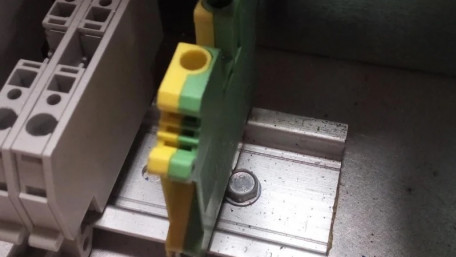
The subject of grounding in electronics is broad and complex, spanning across a variety of functions and objectives. In…
The subject of grounding in electronics is broad and complex, spanning across a variety of functions and objectives. In this article, we will investigate the applications and regulation of grounding in control systems on a fundamental level.
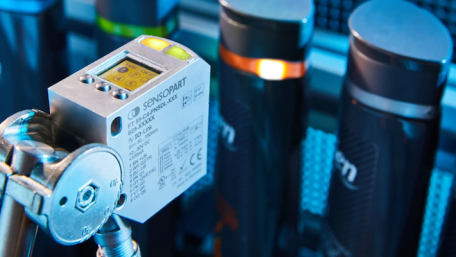
Optical sensors are one of the most popular sensor types in industrial automation. This article covers optical sensor…
Optical sensors are one of the most popular sensor types in industrial automation. This article covers optical sensor basics and commonly used types, including fiber optic, photoelectric, and optical encoders.

Safety is a concern in any system containing potential energy, whether electrical, chemical, or fluid. Each has methods…
Safety is a concern in any system containing potential energy, whether electrical, chemical, or fluid. Each has methods of protection, and for fluid systems, certain shutoff valves are used in situations when excess pressure can be a problem.
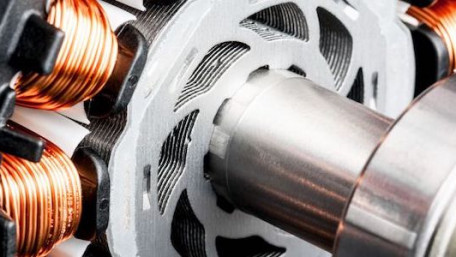
Field-oriented control (FOC), also called vector control, can control 3-phase alternating current motors and brushless DC…
Field-oriented control (FOC), also called vector control, can control 3-phase alternating current motors and brushless DC motors. Read more to learn its advantages, how it works, and its best applications.
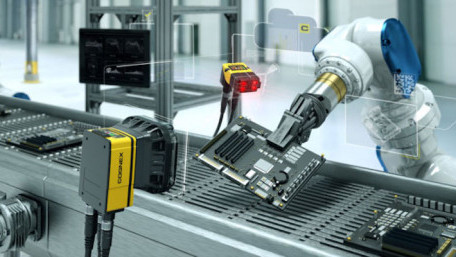
Industrial sensors can be found in nearly every modern industrial process, regardless of complexity. Learn the history,…
Industrial sensors can be found in nearly every modern industrial process, regardless of complexity. Learn the history, evolution, and variety of sensors that make manufacturing the modern marvel we see today.
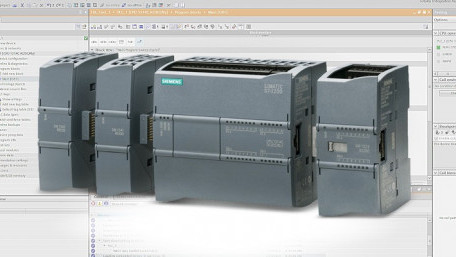
Programming simple coil and contact commands is an easy matter in most PLC IDEs. Connecting and configuring analog inputs…
Programming simple coil and contact commands is an easy matter in most PLC IDEs. Connecting and configuring analog inputs can be more challenging with various bit resolutions and conversion commands.
